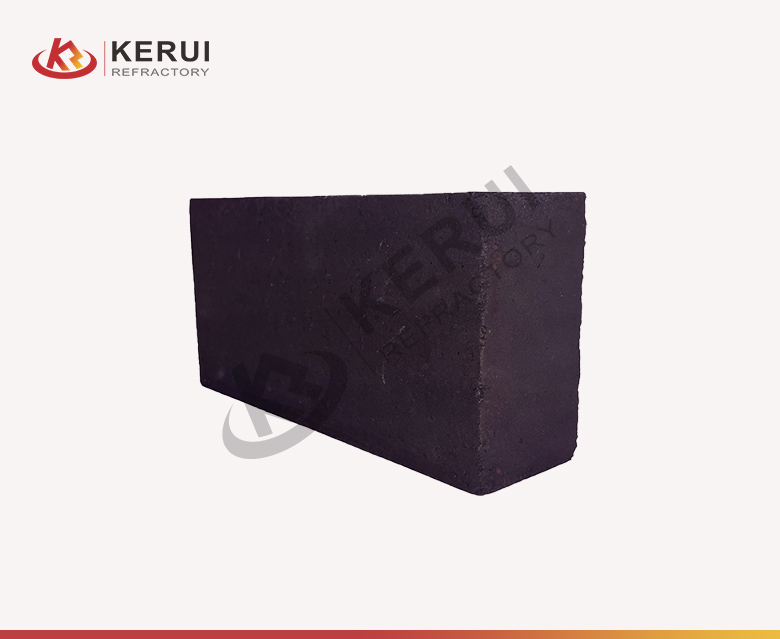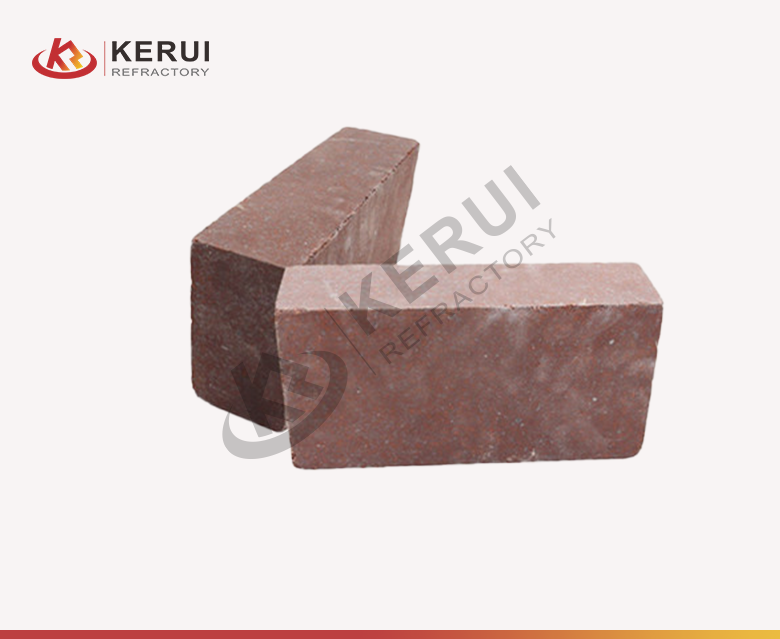Magnesia chrome refractory is a type of refractory material that is widely used in high-temperature applications due to its excellent resistance to thermal shock and chemical corrosion. Composed primarily of magnesia (MgO) and chromium oxide (Cr2O3), this refractory offers remarkable strength, durability, and resistance to harsh operating conditions. In this article, we will explore the characteristics, applications, and benefits of magnesia chrome refractory.

Composition and Properties
Magnesia chrome refractory is primarily composed of magnesia (MgO) and chromium oxide (Cr2O3). The magnesia content typically ranges from 60% to 90%, while the chromium oxide content ranges from 8% to 30%. The combination of these two materials results in a refractory with exceptional high-temperature properties.
High Temperature Resistance
One of the key characteristics of magnesia chrome refractory is its excellent resistance to high temperatures. The high melting point of both magnesia and chromium oxide enables this refractory to withstand extreme heat conditions. It can typically withstand temperatures ranging from 1600°C to 1800°C (2912°F to 3272°F). This makes magnesia chrome refractory suitable for applications in industries such as steelmaking, cement production, glass manufacturing, and non-ferrous metal processing.
Good Thermal Shock Resistance
Magnesia chrome refractory exhibits excellent thermal shock resistance, which refers to its ability to withstand rapid changes in temperature without cracking or spalling. This property is particularly important in applications where refractory linings are exposed to temperature fluctuations, such as in furnaces, kilns, and reactors. The thermal shock resistance of magnesia chrome refractory helps to prolong its service life and maintain the integrity of the refractory lining.
Chemical Corrosion Resistance
Another notable feature of magnesia chrome refractory is its resistance to chemical erosion and corrosion. It can withstand contact with alkaline materials, acidic slags, and gases containing sulfur or chlorine. This property makes it suitable for use in environments where the refractory lining is exposed to aggressive chemical agents. Industries such as petrochemical, incineration, and waste management where corrosive materials are present can benefit from the chemical corrosion resistance of magnesia chrome refractory. We also produce magnesite carbon bricks.

Applications
Magnesia chrome refractory finds wide application in various industries where high-temperature environments and chemical resistance are critical factors. Some of the common applications include:
Steelmaking: Magnesia chrome refractory is extensively used in steelmaking processes, including steel ladles, electric arc furnaces, and basic oxygen furnaces. Its excellent high-temperature resistance and chemical corrosion resistance make it suitable for lining these critical components.
Cement Industry: Magnesia chrome refractory is utilized in the cement industry for applications such as kiln linings, preheaters, and clinker coolers. Its ability to withstand high temperatures and chemical corrosion from the alkali-rich cement materials ensures the durability and longevity of the refractory linings.
Glass Manufacturing: The high-temperature resistance and thermal shock resistance of magnesia chrome refractory make it an ideal material for use in glass melting furnaces, regenerators, and refiners. It can withstand the extreme heat and rapid temperature changes associated with glass production processes. You can also click on this link to learn about other refractory products: https://keruico.com/high-temperature-refractory-cement/

Conclusion
Magnesia chrome refractory of Kerui Group is a highly reliable and versatile material for high-temperature applications. Its exceptional resistance to thermal shock, chemical corrosion, and high temperatures makes it a preferred choice in industries such as steelmaking, cement manufacturing, and glass production. With its longevity, thermal efficiency, and versatility, magnesia chrome refractory continues to play a crucial role in ensuring the durability and performance of refractory linings in demanding industrial environments.
